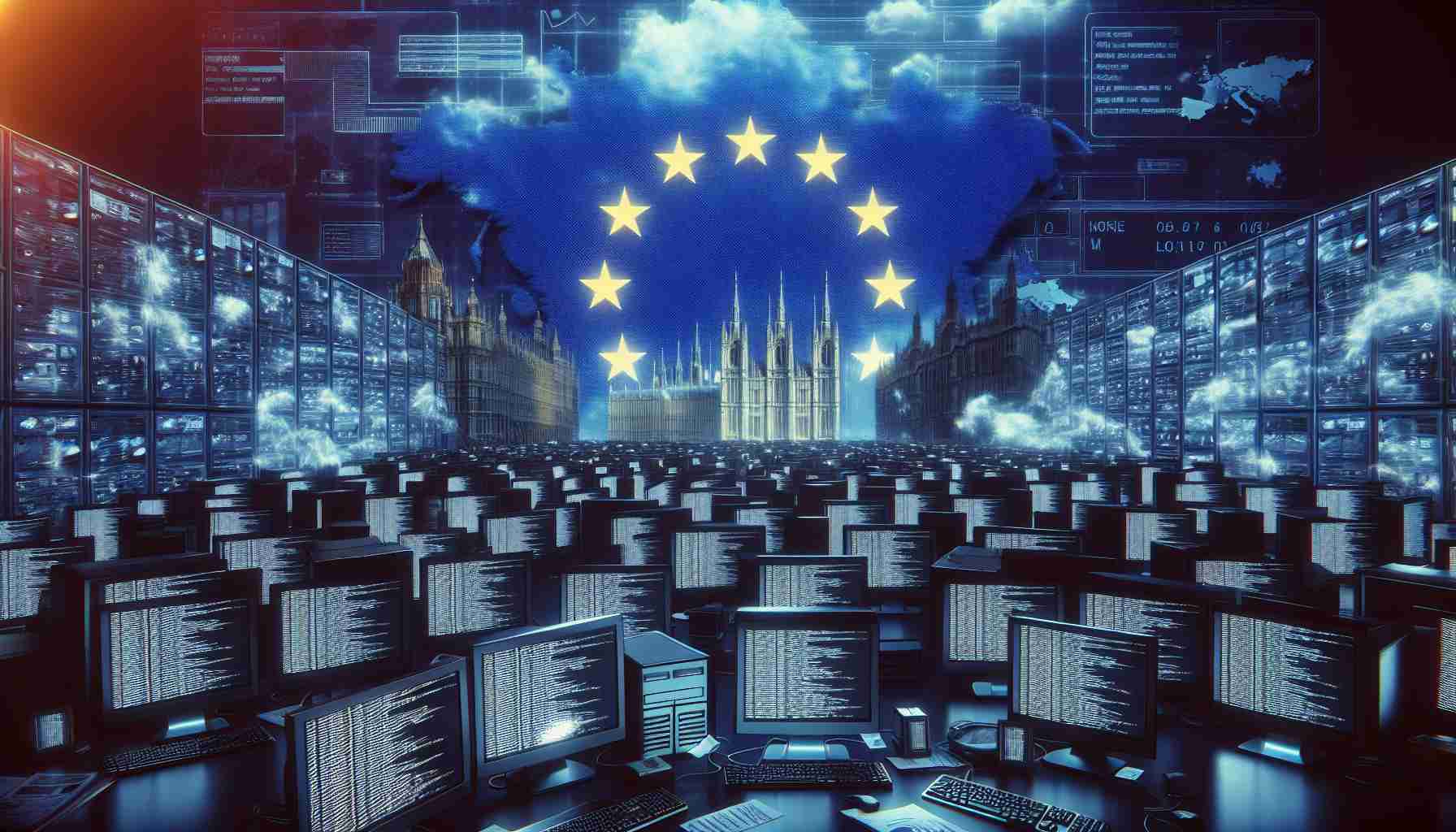Millions of Windows devices experienced a massive disruption following a cybersecurity update failure, with major implications for global operations. Microsoft has pointed fingers at the European Union for the unprecedented tech blackout that rocked the world on July 19, 2024. The failure stemmed from restrictions imposed by a 2009 agreement, which prevented Microsoft from making crucial security system adjustments, ultimately leading to the catastrophic event affecting over 8.5 million devices.
Airlines faced extensive delays and cancellations, leaving passengers stranded, while crucial services like the UK’s NHS and contactless payments were rendered dysfunctional. The issue was triggered by a faulty update to CrowdStrike’s Falcon system, designed to ward off cyber threats. Despite having its own Windows Defender security solution, Microsoft’s hands were tied due to the regulatory constraints enforced by the EU, which paved the way for multiple security providers to install software at the kernel level.
Europe’s scrutiny of Microsoft’s market dominance dates back to the early 2000s, with Apple also under fire for restricting kernel access on Mac computers in the name of heightened security. While CrowdStrike reported progress in restoring a significant number of affected computers, the aftermath of the incident underscored the critical importance of cybersecurity measures in an increasingly interconnected world. As the EU pushes for regulations under the Digital Markets Act, the tech industry remains on edge, awaiting further developments and responses from key players like Microsoft.
Further Details Emerge Amidst Microsoft’s Blame Game with the EU Over Computer Outage Crisis
In the aftermath of the recent catastrophic computer outage that sent shockwaves across the globe, additional details have come to light shedding more insight into the complex web of events leading to the widespread disruption.
As the fallout from the recent computer outage continues to reverberate, the tech industry stands at a critical juncture where collaboration, transparency, and regulatory alignment are paramount for safeguarding digital ecosystems and ensuring uninterrupted global connectivity.
For further insights into the evolving landscape of tech regulations and cybersecurity measures, visit EU’s official website.
